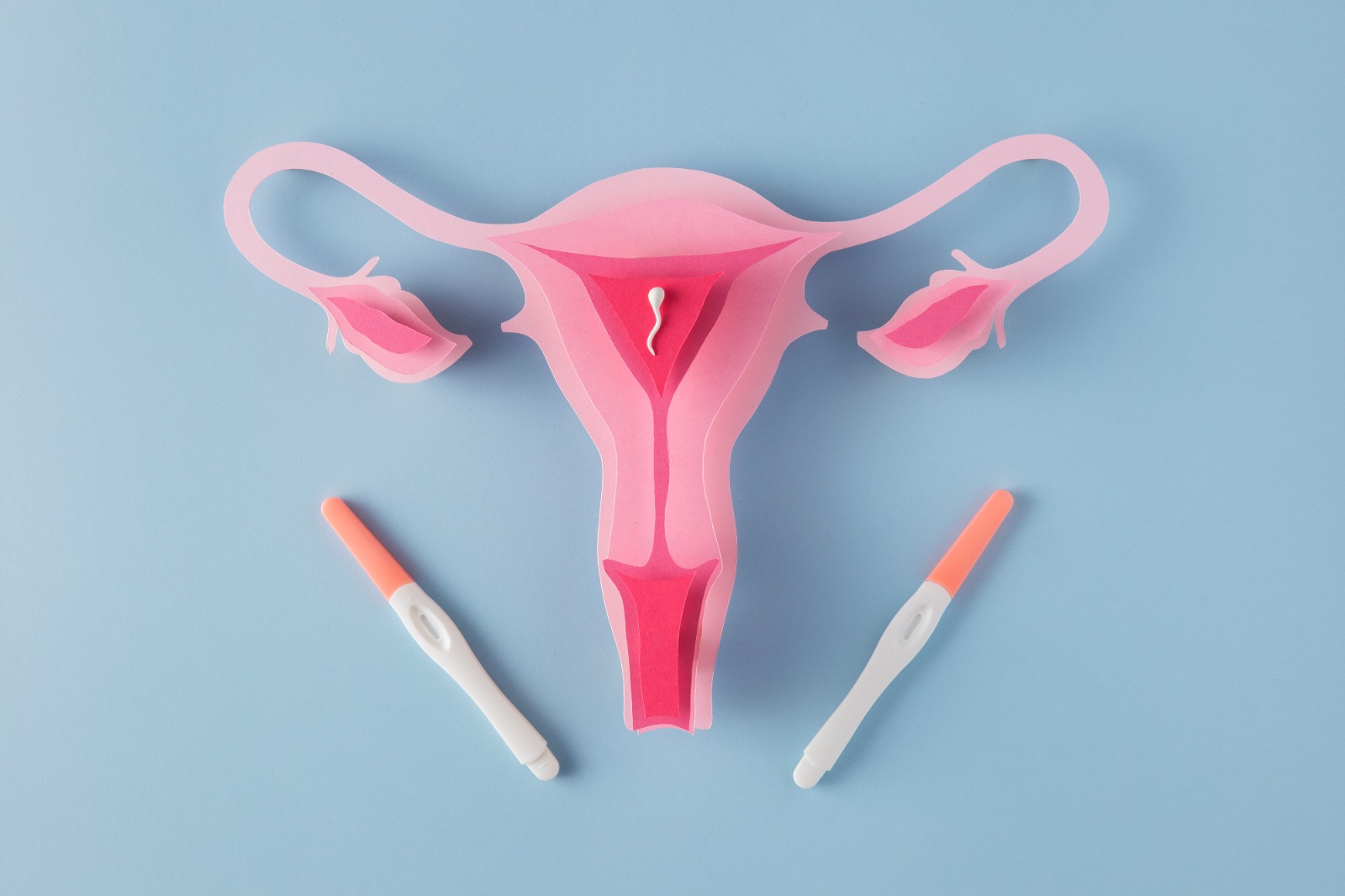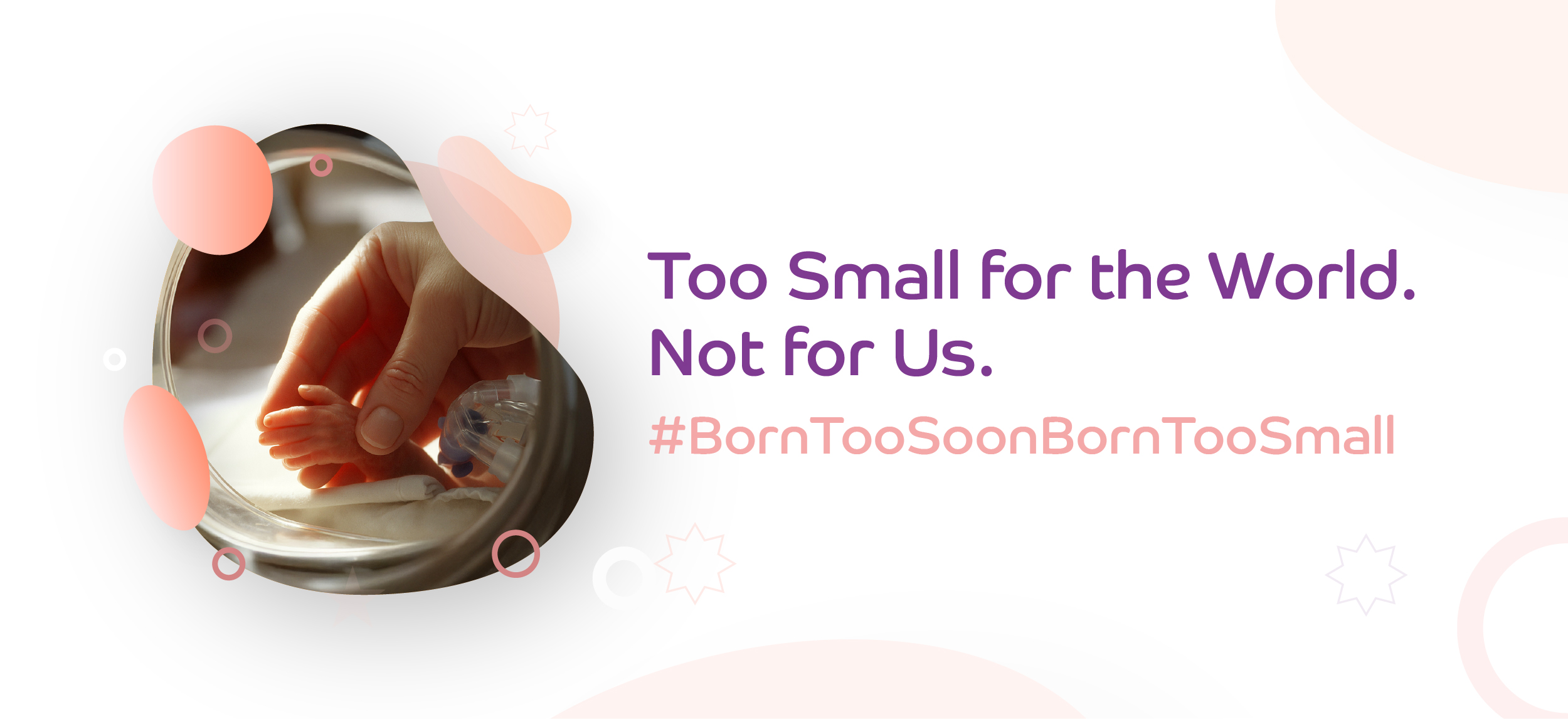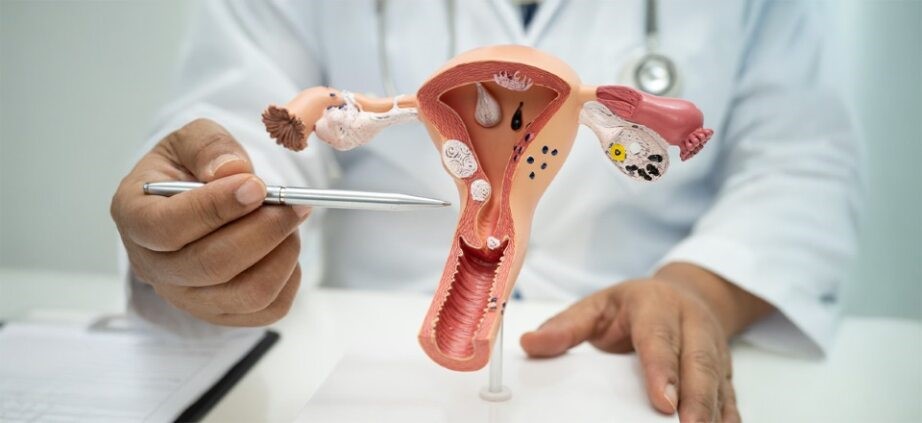Categories
Intrauterine Insemination
Jun 08, 2024
Intrauterine Insemination (IUI) is a fertility
treatment that involves placing sperm directly into a woman's uterus to
facilitate fertilization. It is often recommended for couples facing certain
fertility challenges.
Here’s an overview of when, why, and how IUI is
offered:
When is IUI Offered?
IUI is typically considered in the following
scenarios:
·
Sexual Dysfunction: Difficulty with intercourse leading
to challenges in natural conception.
·
Mild Male Factor Infertility: Such as low sperm count or
motility.
·
Cervical Factor Infertility: Issues with cervical mucus
that can hinder sperm movement.
·
Ovulatory Disorders: Including irregular or absent
ovulation.
·
Donor Sperm: For single women or same-sex couples.
·
Mild Endometriosis: When minimal endometriosis affects
fertility.
·
Unexplained Infertility: When no specific cause for
infertility is identified despite thorough testing.
IUI is often the first line fertility treatment
offered to couple as its:
Less Invasive |Cost-Effective | Natural-Like
Process
How is IUI Performed?
·
Ovulation induction & Monitoring: This is done by giving
tablets and subsequent scans to see the follicular development
·
Sperm Collection and Preparation:On the most fertile day, by
checking ovulation on scan, partners sperm sample is collected ,then washed and
concentrated to select the healthiest and most motile sperm.
·
Insemination: The prepared sperm is placed directly into the woman’s
uterus using a thin, flexible catheter. This procedure is quick, usually taking
only a few minutes, and is relatively painless.
·
Post-Procedure: The woman may rest for a short period following the
procedure. Afterward, she can resume normal activities.
·
Pregnancy testing
is done approximately two weeks later .
Success Rates and Considerations
Success Rates: The success rates of IUI vary
depending on factors such as the woman’s age, underlying fertility issues, and
the quality of the sperm. Generally,
success rates range from 10-15% per cycle.
Risks: The risks associated with
IUI are minimal, though there is a slight increase in the chance of multiple
pregnancies (twins or triplets) due to the use of ovulation-inducing
medications.











